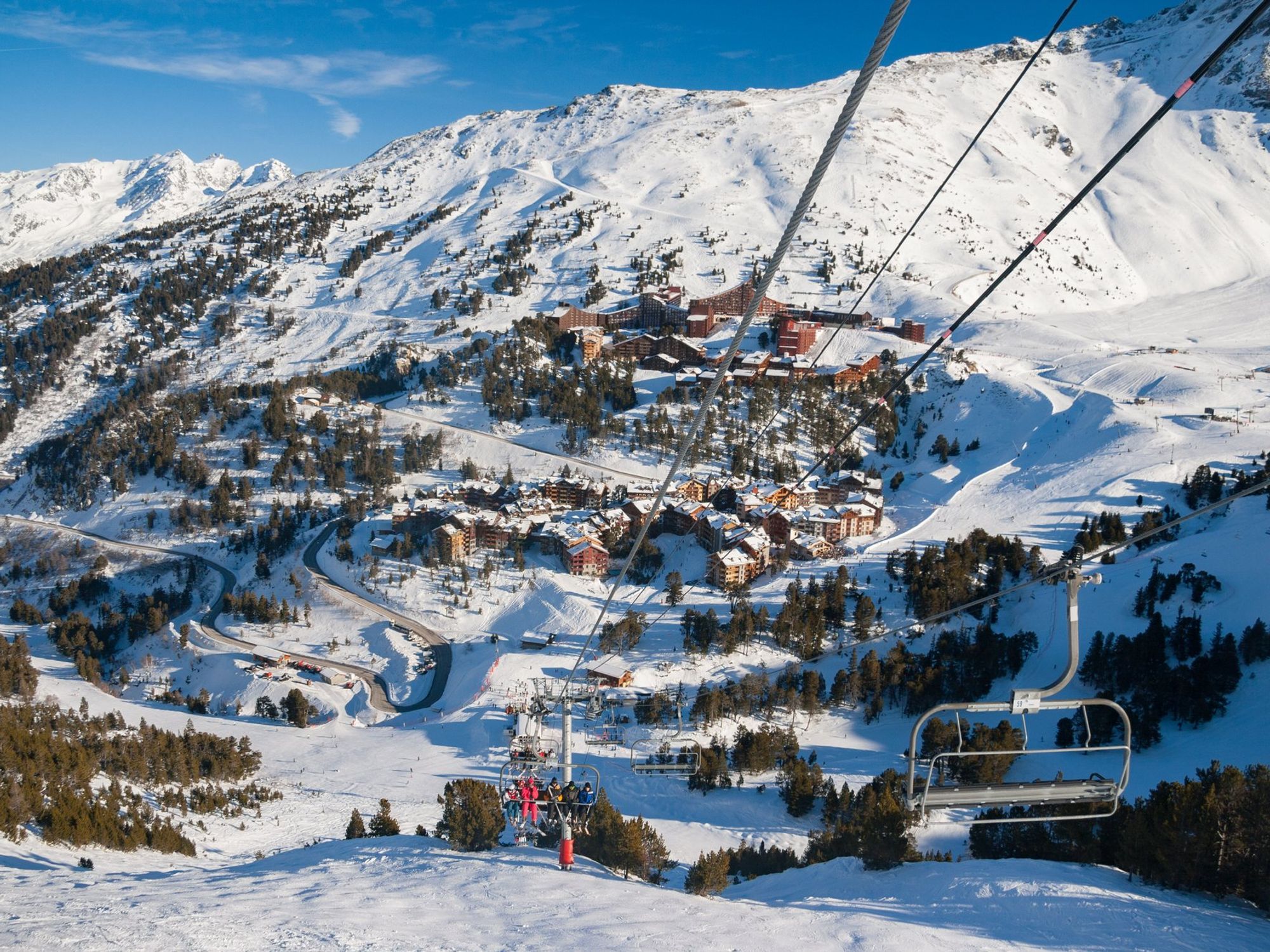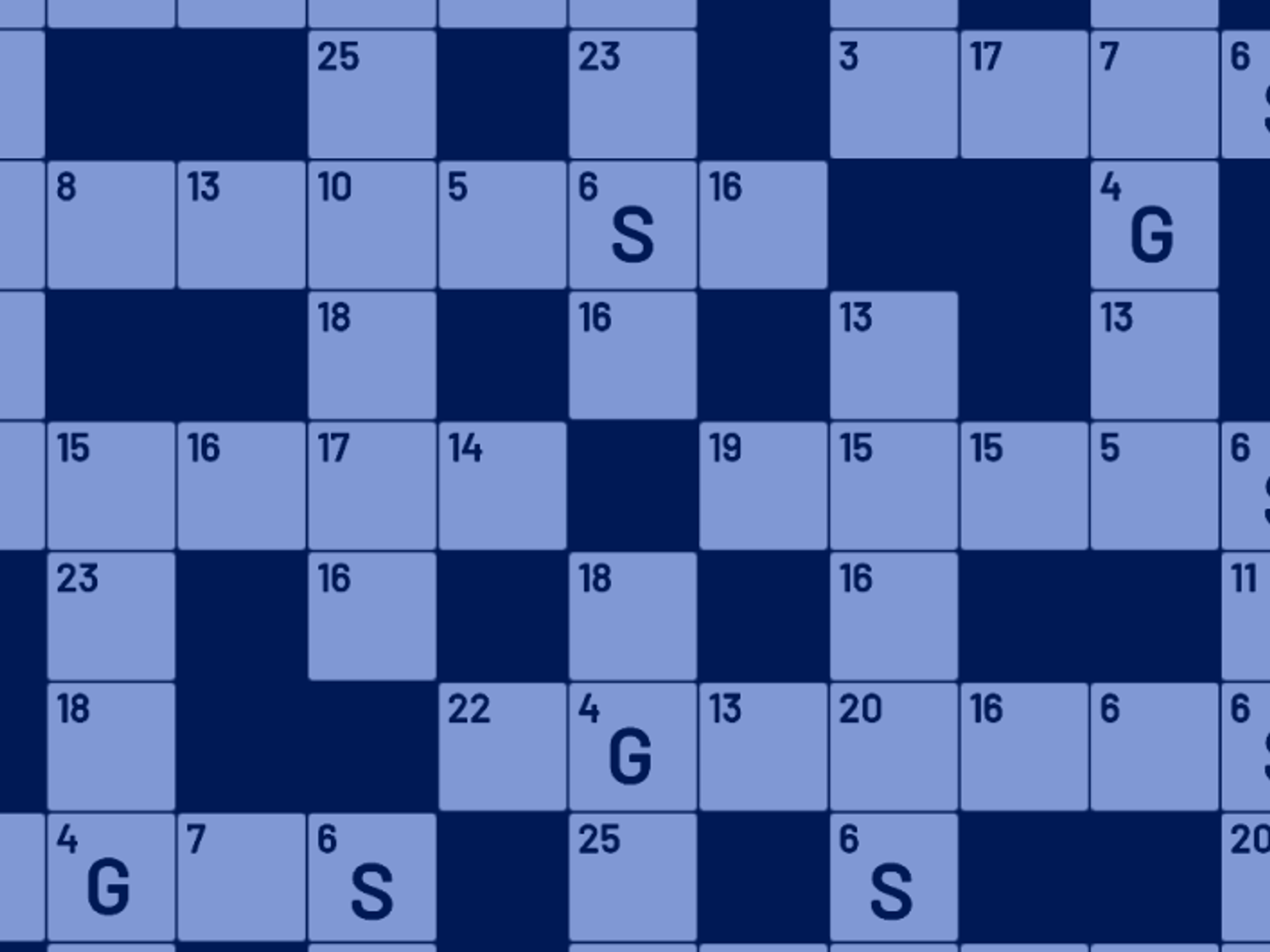Massive ancient 2,500-year-old city with population of 10k found in middle of jungle: 'It's incredible'
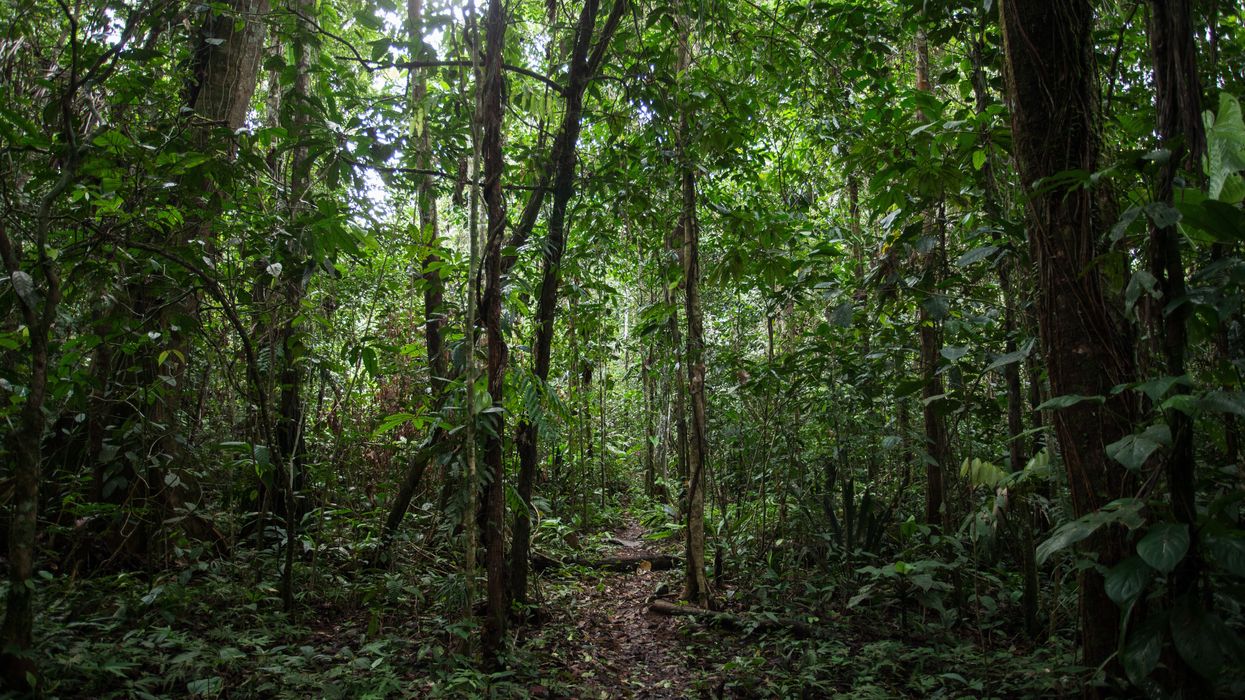
Recent mapping by laser-sensor technology revealed those sites (file pic)
|Reuters

Scientists described the discovery in the Amazon as being 'incredible'
Don't Miss
Latest
A massive lost ancient city has been found in the middle of the Amazon.
Archeologists have found the city that they believe was home to at least 10,000 farmers around 2,000 years ago.
A series of mounds and buried roads were discovered in Ecuador around two decades ago by archaeologist and director of investigations at France's National Center for Scientific Research Stéphen Rostain.
However, recent mapping by laser-sensor technology revealed those sites to be part of a dense network of settlements and connecting roads.
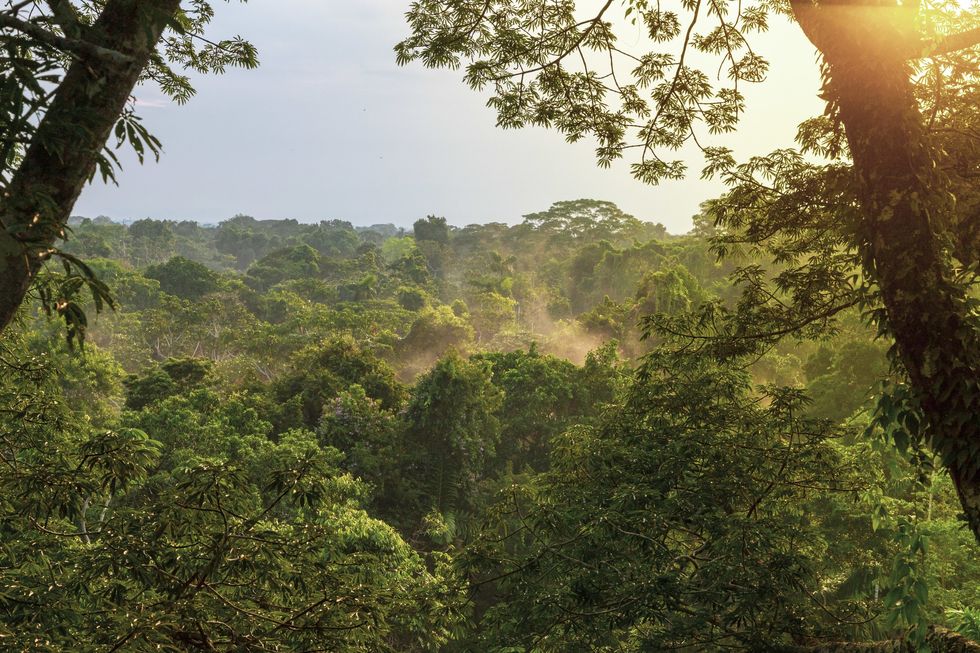
A series of mounds and buried roads were discovered in Ecuador (file pic)
|Getty
The settlements were located into the forested foothills of the Andes, that lasted about 1,000 years.
Rostain said: 'It was a lost valley of cities...it's incredible."
Authors of the study estimate the site was home to at least 10,000 inhabitants and perhaps as many as 15,000 or 30,000 at its peak.
University of Exeter archaeologist José Iriarte, who was not involved in the study, said: "The Incas and Mayans built with stone, but people in Amazonia didn't usually have stone available to build - they built with mud. It's still an immense amount of labour."
LATEST DEVELOPMENTS
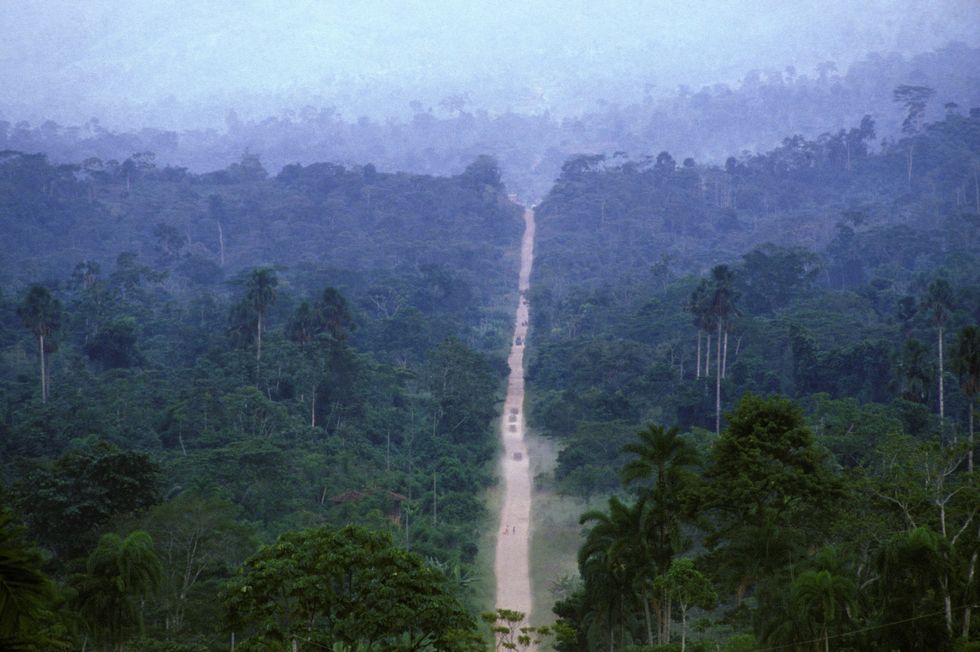
The research found settlements were occupied by the Upano people
|Getty
The research found settlements were occupied by the Upano people between around 500 BC and AD 600.
This was a period roughly contemporaneous with the Roman Empire in Europe.
University of Florida archaeologist Michael Heckenberger said: "This shows a very dense occupation and an extremely complicated society.
"For the region, it's really in a class of its own in terms of how early it is."
Scientists have recently also found evidence of intricate rainforest societies that predated European contact elsewhere in the Amazon, including in Bolivia and in Brazil.
Rostain added: "There's always been an incredible diversity of people and settlements in the Amazon, not only one way to live
"We're just learning more about them."






